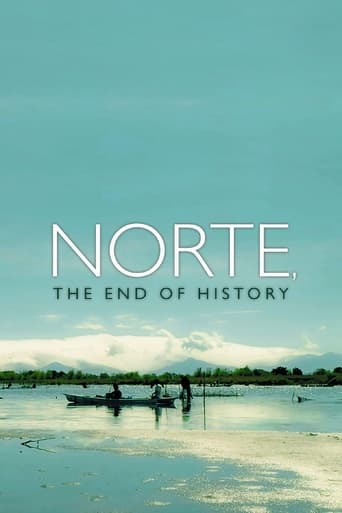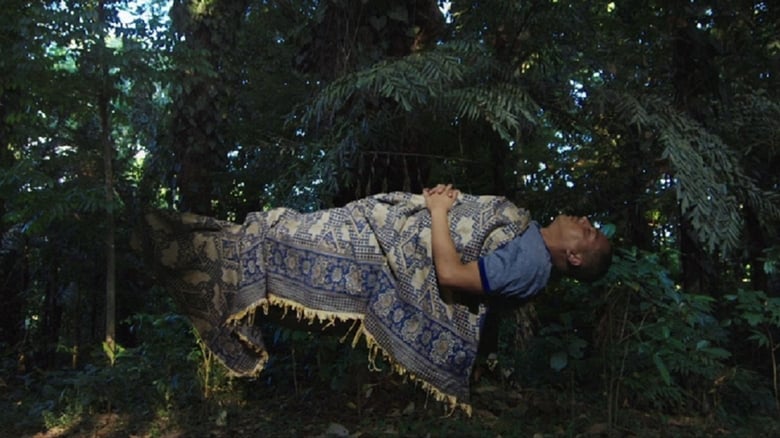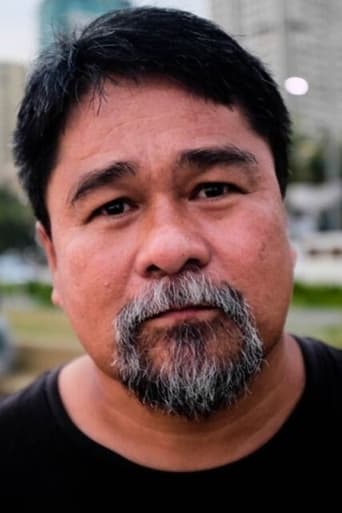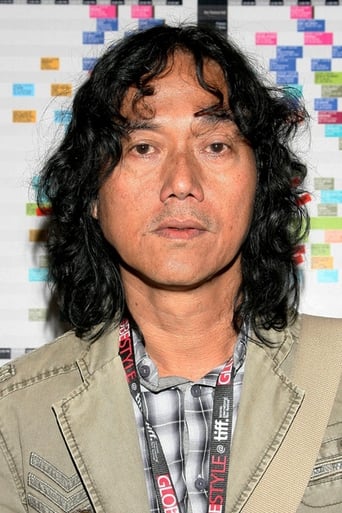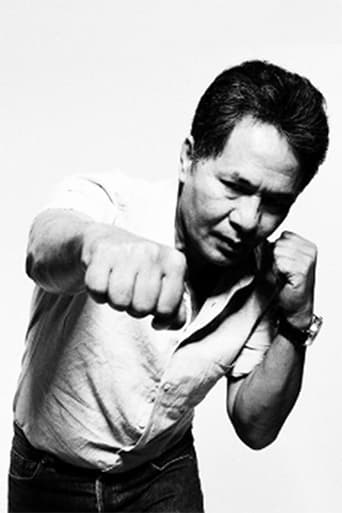A man is wrongly jailed for murder while the real killer roams free. The murderer is an intellectual frustrated with his country’s never-ending cycle of betrayal and apathy. The convict is a simple man who finds life in prison more tolerable, when something mysterious and strange starts happening to him.


Similar titles

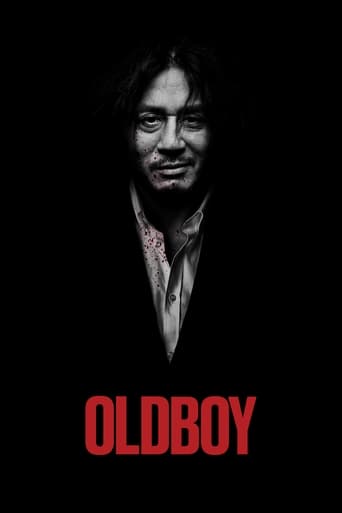
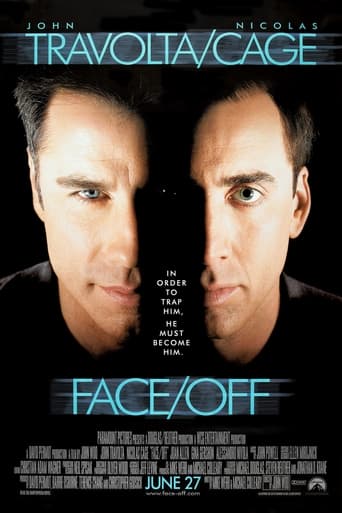
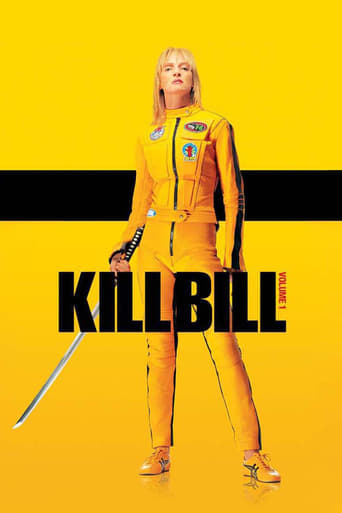


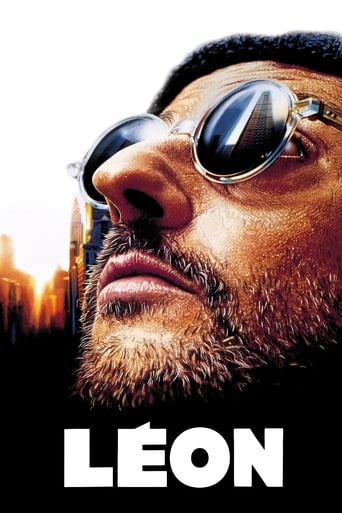

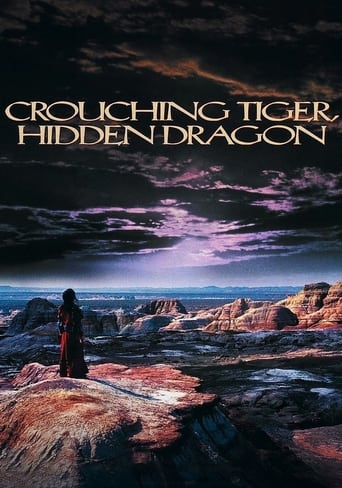
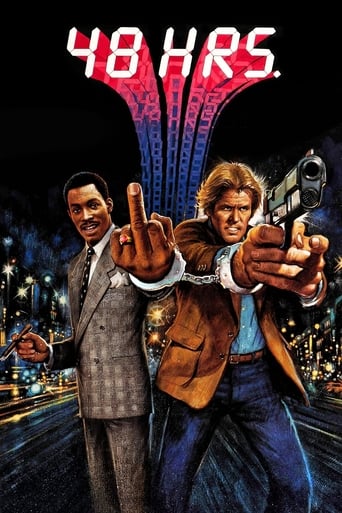
Reviews
Lav Diaz's 'Norte, The End of History' is set in the northwest region of the Philippines. This drama is split between the lives of two men, Fabian (Sid Lucerio) and Joaquin (Archie Alemania), whose lives intertwine unexpectedly.Fabian is a smug, self-absorbed man of privilege in his early thirties, a once gifted law student who dropped out for reasons unknown. He spends his time annoying his friends with his ill-conceived lectures on the defining theories of humanity. Joaquin is a poor man, who has a wife Eliza (Angeli Bayani) and two children. A serious leg injury wipes out their hard-earned savings.Loosely based on Dostoyevsky's 'Crime and Punishment', these two men have one thing in common, both are in serious arrears to local money lender Magda (Mae Paner). Both men take matters into their own hands, with differing consequences. Fabian flees, Joaquin is sent to prison. Over the next four years, Joaquin tries to make the best of a horrible situation, whilst Eliza struggles to provide for her children. Fabian is consumed by guilt, driven to the point of madness.Diaz looks at how the people of the Philippines have coped with their changing economical circumstances, people who have grown up in a dysfunctional country where they are encouraged to work outside of the country to make more money. Fabian rages against the memory of his parents being absent, and of being brought up by his maid. Joaquin and Eliza wanted to avoid this, they didn't want their children to be without their parents, however poor this would make them. Its a balancing act we all face, we gain one at the expense of another. Which is more important?Diaz is renowned for extremely long films, some for over 6 hours, 'Norte, The End of History' is only 250 minutes long! He favours long takes and slow tracking shots, illustrating the slow and monotonous rhythms of life. Its beautifully filmed, interspersed with some superb drama from an excellent cast are huge swathes of emptiness, especially in the second and third hour. The final hour is cruel and deeply disturbing, but the overall impact of these tragic moments of devastation are weakened by the preceding stretches of nothing.'Norte, The End of History' is an ambitious film, by a fascinating director. Its a shame your patience wasn't tested to such extremes, as such this film is only for the most dedicated viewer. Sometimes, a film is just too long for its own good.
Anyone who has sat through the epic four hour plus "Norte, The End of History," deserves a medal. "Norte" is the product of Lav Diaz, the Filipino auteur who has already completed seven films that are even LONGER than this one! When he wishes to introduce each new scene, Diaz has a penchant for holding establishing shots for a minute or two, which can be infuriating. Be forewarned: there is some interesting material here but one has to be extremely patient to appreciate any of it!Diaz's "Norte" is set in the Phillipines and revolves around three interconnected characters. The prime mover (and perhaps most interesting of the three) is the antagonist, Fabian, a law school dropout who seeks to punish anyone who transgresses his personal moral code. Fabian's idea is to eliminate the "bad elements" in Filipino society. While his friends agree that society must change, Fabian, the bitter psychopath and reactionary, berates all those who believe in "all talk and no action." In contrast, husband and wife Eliza and Joaquin, come from a poor background and are dependent on a local moneylender, Magda, for their sustenance. When Eliza pawns a precious family ring, Joaquin tries to convince Magda to sell it back to him. When he can't pay her price, Joaquin impulsively chokes Magda and runs off after a housekeeper witnesses the event. Later, Fabian is passing by on the street and sees Magda turn Eliza away at her door, after requesting another loan. Magda's rough treatment of Eliza is enough justification for Fabian to later enter Magda's home and kill the moneylender along with her innocent teenage daughter.Joaquin is later implicated in Magda's murder (due to the circumstantial evidence against him) and is forced to accept a plea bargain of life in prison. Eliza is forced to sell vegetables on the street for a living, in order to take care of her children, who are in the care of a family friend. Meanwhile, Joaquin must adjust to prison life and survives a brutal attack by a predatory inmate. Later that inmate falls sick and Joaquin, in true Christian fashion, ministers to him, in a great act of forgiveness.Echoing Dostoyevsky's "Crime and Punishment," Fabian is haunted by the memory of committing the two murders and eventually digs up money he had stolen and later buried from Magda's house and gives it to Eliza. Fabian, however, remains deeply troubled and on a visit to his sister, who owns a large farm, ends up raping her.Now with a little money, Eliza is finally able to visit her beloved Joaquin. On the way back, she tragically dies in a plane crash. We see Joaquin (apparently now deceased) levitating, as if he's moving closer to God, attaining some kind of sainthood. Can we assume that Joaquin killed himself or died from grief, following the death of Eliza in the plane crash? Possibly but it's not entirely clear.The randomness of the death of two good people, Eliza and Joaquin, is contrasted with Fabian, an evildoer, who very much continues to live. Perhaps Diaz is saying sometimes there is no justice in this world and perhaps no God. Diaz hints that perhaps there is still hope as one of the concluding shots focuses on the innocent children of Eliza and Joaquin, who survive, along with the farm animals, who also represent innocence.Neil Young writing in the "Hollywood Reporter," finds Diaz's characters lacking in complexity: "Fabian's transition from preening bohemian chatterbox to bestial psychotic is seldom convincing, but at least his character gets to change a little over the course of the years. Joaquin and Eliza are little more than plaster saints from beginning to end in a film which simplistically equates poverty with spiritual purity and fortitude."Peter Sobcynski of "RogerEbert.com," notes that there "are moments of staggering beauty and power on display here," but also notes there are numerous scenes which are quite lugubrious or gratuitous: "The trouble is that there are also extended sequences in which so little happens that the effect is more tedious than hypnotic This is mostly due to a screenplay that grows less and less psychologically sound the further it drifts from its inspiration—there is a long sequence when Eliza contemplates killing herself and her children that feels like a cheap shot and some of the cruelties on display in the final hour feel like attempts to jolt viewers that may have inevitably drifted off during the slower parts. For these moments to fully work, a filmmaker has to have earned them, and there are times in which Diaz hasn't completely done that."A.O. Scott, writing in the "New York Times,"holds that "Norte's" value is connected to Diaz's social critique: "Mr. Diaz, patiently surveying the social and physical landscape with his beautiful, asymmetrical wide-screen compositions, makes inequality seem like an aspect of the local climate. The cruelty of laws and economic arrangements is obvious and intolerable, and yet there is no real sense that anything can be done.""Norte, The End of History," does indeed highlight the tragedy of poverty and its attendant sense of class inequalities. Again, if you're patient enough to ignore some of the more tedious moments in the film, you'll be rewarded by scenes of what A.O. Scott terms, the film's "inexhaustible humanism."
Personally, I would like to edit this film into a much shorter version simply because some scenes are understood and don't need to be repeated. Apart from that, this is a very powerful film with a very powerful message/premise.I have never see a film who's main character's journey is so unpredictable yet so inevitable.Slowly slowly, it all adds up in the end.I believe this director's usual work is longer that 4 hours. I don't think I could go through that again, but I hope that the director finds a way to reach a larger audience with the same powerful messages in a shorter space of time (maybe 2 1/2 hours?).
Fabian, a pretentious, pseudo-intellectual leads a small adoring clique of fellow law students. Imitating Raskolnikov in 'Crime and Punishment', he brutally murders Magda, a heartless money- lender, and her teenage daughter.For unexplained reasons Joaquin, a poor man with a young family, is convicted of the crimes and sentenced to life imprisonment.Fabian gives the deprived wife some money and asks his friends to do what they can for Joaquin. He then rapes his god-fearing sister and slaughters a dog to round off the nasty, sadistic episodes that punctuate what passes for a story. The film ends with him taking a canoe ride.How can this implausible, unresolved plot occupy 250 minutes of screen time? No problem, just point a camera at something and let it roll while next to nothing happens. Scenes go on and on for no obvious purpose. They can be repeated knockings on a door with cries of 'Fabian, are you in there', to lighting and smoking cigarettes, to plodding along paths, to observing landscapes. More than four hours could have been edited to, say, 90 minutes without any significant loss of material.What director Diaz has produced is a semi-motion picture, a mildly intriguing but generally tedious variant of the wham, bam, thank you ma'am school of frenetic film-making with eternally swooping and sliding cameras and cuts every few seconds.Diaz changes the appearance and tempo slightly with fuzzy landscape shots, probably taken from a drone with an inexpensive camera, and some jerky hand-held footage that could have been borrowed from Lars von Trier.Almost at the end, Diaz cocks a snook at his audience with a ludicrous levitation scene.Norte, despite its faults in pacing and plotting, is not short of striking visual images. If they had all been reduced to about a third of their displayed length and allied to a plot that made some sense, a watchable film might have been the result.
